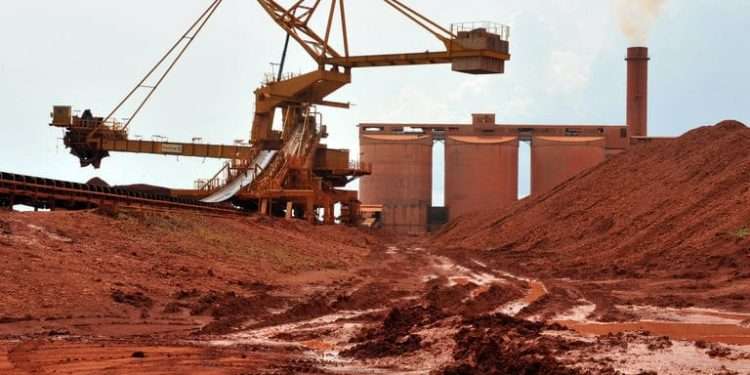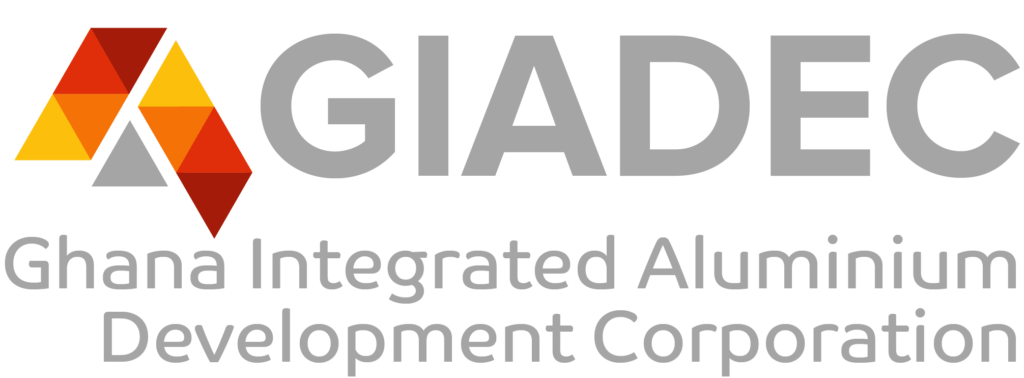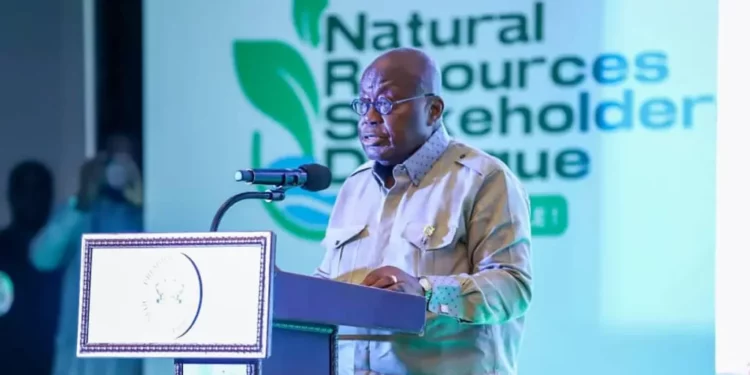Ghana, a country which has set its sights on banning the raw export of vital mineral resources such as bauxite and iron ore tends to face hurdles amidst processing capacity constraints.
President Nana Akufo-Addo has underlined the importance of developing an integrated aluminum economy in which bauxite is mined, refined into alumina, and smelted within Ghana’s borders.
While the legislative framework for this ban – including the statutes governing the Ghana Integrated Aluminium Development Corporation (GIADEC) and Ghana Integrated Iron and Steel Development Corporation (GIISDEC), implementing this vision is currently being faced with significant challenges.
According to Reports, the key obstacle is Ghana’s limited processing capacity, which has impeded the country’s ability to add value to its mineral resources. As the administration attempts to achieve its lofty goals, questions arise concerning the feasibility of enforcing the prohibition in the absence of suitable processing facilities.

The Industry Report pointed out that Ghana’s laws governing the export ban on raw bauxite and iron ore come into effect after five years of their enactment.
However, the necessary Legislative Instruments (LIs) that would operationalize these laws are yet to be submitted to Parliament for consideration and approval. More so, because iron ore production in Ghana is yet to begin, enforcing the export prohibition will be even more difficult.
Furthermore, the Ghana Integrated Iron and Steel Development Corporation (GIISDEC), which is in charge of the iron and steel sector’s growth, is in the process of signing Memorandums of Understanding (MoUs) and conducting mineral resource estimations.
The Industry report also noted that a restriction on raw material exports, including bauxite and iron ore, would be premature and damaging to the Ghanaian economy in the absence of operating projects and appropriate processing capacity.
Slow Progress in Mineral Processing
While some efforts have been made to enhance Ghana’s processing capacity, they fall short of the scale required to handle the nation’s mineral production.
For instance, a 400kg gold refinery has been established through a public-private partnership, but it is evident that this facility alone cannot process the entirety of Ghana’s gold output. Steps are being taken to secure a London Bullion Market Association (LBMA) certification, but the capacity gap remains.
In addition, GIADEC’s intentions to build a refinery as part of its integrated aluminum sector vision are still in the early stages.

According to the reports, the company must first complete mineral estimates and secure necessary funding before commencing construction.
Similarly, plans to increase bauxite production from one million metric tonnes per annum to five million metric tonnes per annum at the Ghana Bauxite Company (GBC) require substantial investment and infrastructure development.
Read also: Pecan Field Development Heads for Final Investment Decision by 2024 as AFC Takes Over





















